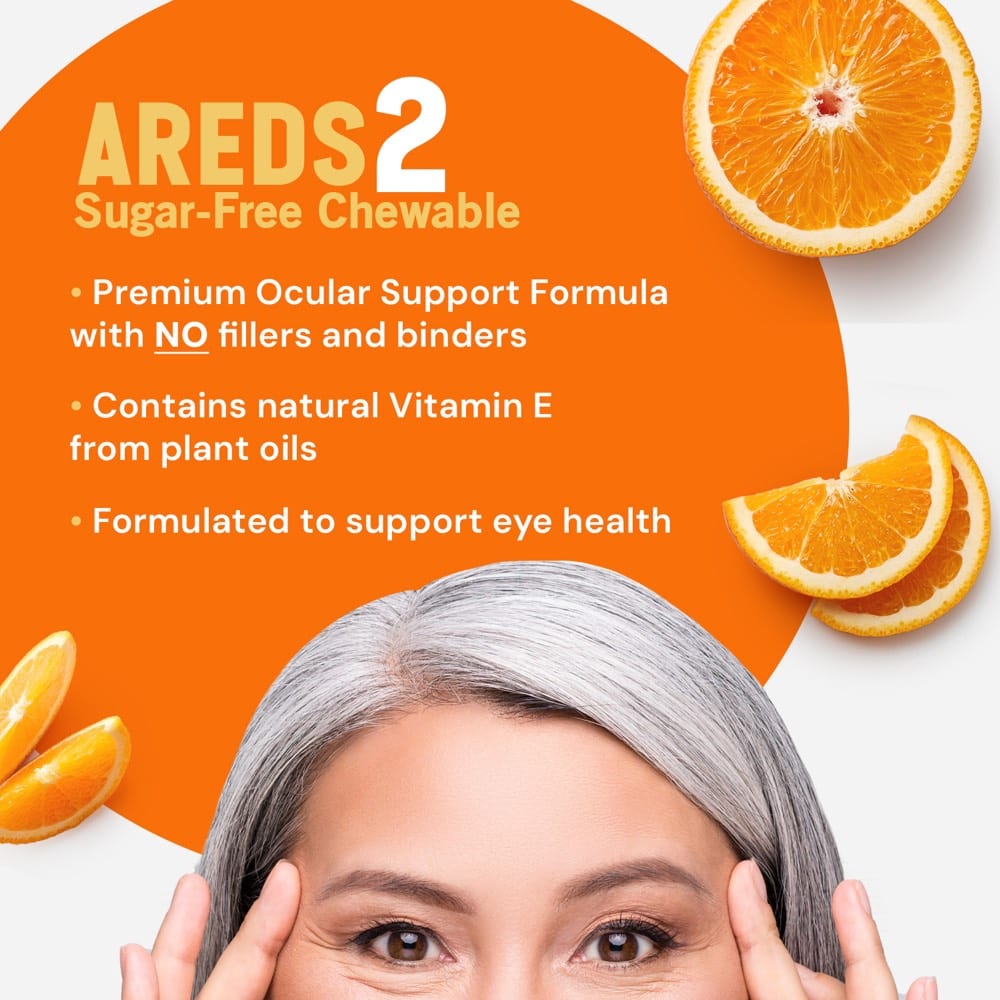The journal Retinal Physician contained an article by Dr. Emily Chew, Deputy Director of The Division of Ophthalmology and Clinical Research at the National Eye Institute. Dr. Chew emphasized that nutritional status is a known risk factor associated with age-related macular degeneration, including the NEI's own Age-Related Eye Disease Study (AREDS). But she expressed several concerns. In a 2002 Canadian study, 80% of patients with AMD were taking some form of supplements, but none were taking the recommend doses from AREDS.
Although subsequent studies in the U.S.A. indicate a higher percentage of people taking the recommended doses, it is still a low number, even after specifically being instructed by their physician. Dr. Chew wonders why, with the emotional and financial burden of worsening vision due to macular degeneration, that people are not treating their AMD appropriately.
She raised some possibilities. First, smokers are recommended against taking high doses of beta-carotene, which excludes them from taking the complete AREDS formula. (VisiVite was the first company to manufacture AREDS-based eye vitamins for smokers.) Secondly, some physicians recommend their patients not take high dosages of Vitamin E. (VisiVite AREDS2 E-Free Formula caters to those patients who take Coumadin/warfarin.)
Unfortunately, Dr. Chew promotes only the research performed by the National Eye Institute, subtly discrediting all other research by inferring that only the AREDS formula is proven to be of benefit for macular degeneration.













